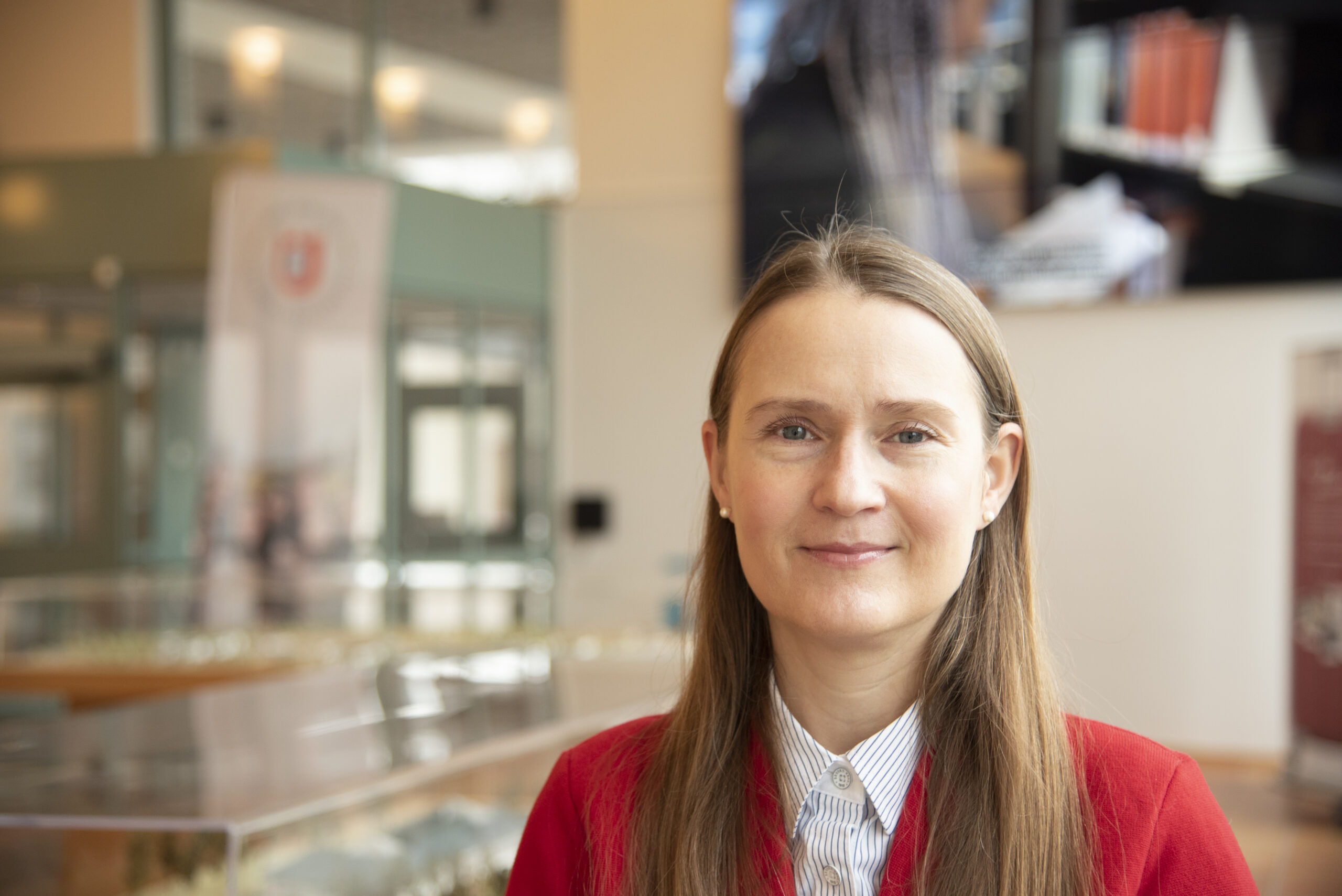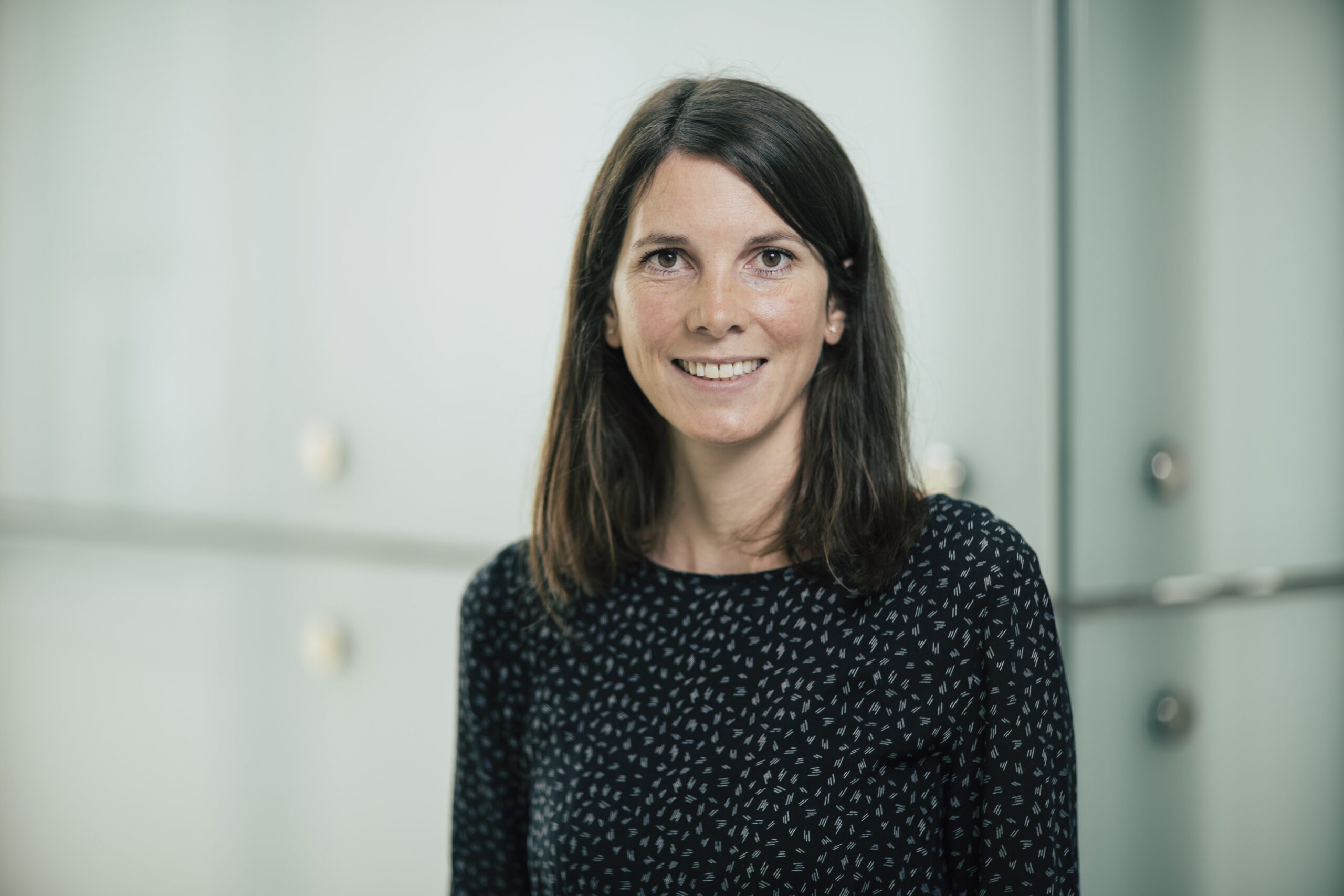In this first session of the conference, we provide the ground for discussing further findings. We take a broader perspective and discuss the role research funding organisations (RFOs) play in mitigating gender bias in the allocation of research grants and, more generally, for contributing to a more equal and fair science ecosystem. We do this on two levels: first by introducing the policy approaches RFOs have developed and adopted to mitigate bias, and pointing out some of the gender bias risk factors that still exist. Second, we analyse how the formal policies in place are applied in practice in the assessment process, having a closer look at the work of panels and remote reviewers. The session is based on empirical data from case studies in five different RFOs.
Presentation 1: RFOs as change agents for gender equality
The first presentation, by Helen Peterson and Liisa Husu, highlights results from the mapping of policies in the five RFOs. The starting point for the presentation is the key role of RFOs when it comes to pushing the gender equality agenda in science, research, and innovation. Some of the RFOs studied in GRANteD have been early on and increasingly engaged with gender equality since the 2000s. When engaging with these issues, they have become important gender equality change agents in the scientific community, in their sector nationally and also internationally, addressing research performing and research funding organisations, individual researchers as applicants and recipients of funding, as well as researchers as reviewers and funding decision-makers. This presentation highlights key areas of policy development, identified by the RFOs themselves and potential impact of these policy approaches. It looks closer at some examples of policies which are pushing the agenda. The presentation also emphasizes remaining challenges, risks, and dilemmas.
Speakers
-
Liisa Husu
 Liisa Husu is Senior Professor in Gender Studies at Örebro University, Sweden, and an affiliated researcher, Hanken School of Economics, Finland. She has been engaged in gender issues in academia in research, policy and civil society since the early 1980s in Nordic countries, Europe and internationally. Her research and publications focus on: gender dynamics, inequalities and sexism in academic organisations, careers, research funding and research policy. She has been advising ministries, national/international agencies, funding organisations and universities, and has contributed to European research development and actions on gender and science since late 1990s, in EC expert groups, networks, numerous European gender and science research projects and conferences. She is scientific adviser to EWORA, the European Women Rectors’ Association and GENIE, Chalmers University of Technology 10-year gender and excellence initiative.
Liisa Husu is Senior Professor in Gender Studies at Örebro University, Sweden, and an affiliated researcher, Hanken School of Economics, Finland. She has been engaged in gender issues in academia in research, policy and civil society since the early 1980s in Nordic countries, Europe and internationally. Her research and publications focus on: gender dynamics, inequalities and sexism in academic organisations, careers, research funding and research policy. She has been advising ministries, national/international agencies, funding organisations and universities, and has contributed to European research development and actions on gender and science since late 1990s, in EC expert groups, networks, numerous European gender and science research projects and conferences. She is scientific adviser to EWORA, the European Women Rectors’ Association and GENIE, Chalmers University of Technology 10-year gender and excellence initiative.
-
Helen Peterson
 Helen Peterson is a professor in sociology at Örebro University, Sweden. Peterson has researched Swedish higher education institutions and topics related to European science and innovation through a gendered lens for over 10 years. Her focus has been on academic management/leadership, women’s careers in male-dominated fields, gender mainstreaming and policy implementation. Her work has been published in both national and international journals and she has received both national and international research grants, participating in, amongst other, three projects funded by the European Commission. She has served as expert on national and international boards and committees addressing gender equality in higher education.
Helen Peterson is a professor in sociology at Örebro University, Sweden. Peterson has researched Swedish higher education institutions and topics related to European science and innovation through a gendered lens for over 10 years. Her focus has been on academic management/leadership, women’s careers in male-dominated fields, gender mainstreaming and policy implementation. Her work has been published in both national and international journals and she has received both national and international research grants, participating in, amongst other, three projects funded by the European Commission. She has served as expert on national and international boards and committees addressing gender equality in higher education.
Presentation
Presentation 2: Practices in peer review panels – challenges and
learnings.
In the second presentation, Helene Schiffbänker and Angelika Sauer focus in more detail on the practice level of funding decision-making processes in the panels. While formal policies for mitigating gender bias are important, they are only as effective as they are effectively applied in practice. For selected policies it will be discussed how panel members understand and make use of these policies, and how panel chairs do or do not support the application of these formal RFO standards in the panel negotiations and in decision making. The session concludes with some ideas how to improve and to reform the assessment process as well as how to build capacities of reviewers in order to mitigate risks for gender bias in panel practices.
Speakers
-
Helene Schiffbänker

Helene Schiffbänker has done various research studies on the under-representation of women in science (reconciliation, career orientations, drop-out reasons) and has supported ministries and funding agencies in the design and implementation of Austrian funding programs for women in science and technology. She is currently responsible for capacity building for RFO CoP members in the project GENDERACTIONplus.
Her main research focus is on gender in research funding, Helene was the Principal Investigator of the gen-dERC project (gendered dimensions in ERC grant selection), commissioned by the European Research Council (ERC) to identify possible causes of gender bias in ERC peer review processes. In the project GRANteD, funded by the European Union’s Horizon 2020 research and innovation program, she investigates practices in peer review panels in respect to potential gender bias and has coordinated the work with the GRANteD Stakeholder Committee.
-
Angelika Sauer
 Angelika Sauer is a research associate at POLICIES – Institute for Economic, Social and Innovation Research of JOANNEUM RESEARCH. She studied economics and global studies at the University of Graz. Her work focuses on the field of innovation and technology policy and recently also on gender equality.
Angelika Sauer is a research associate at POLICIES – Institute for Economic, Social and Innovation Research of JOANNEUM RESEARCH. She studied economics and global studies at the University of Graz. Her work focuses on the field of innovation and technology policy and recently also on gender equality.
Presentation
Comment
Jasmine Lorenzini holds a Phd in political science and works at the Swiss National Science Foundation (SNSF) as an equality officer. She is a member of the GRANteD stakeholder committee.
Discussion

